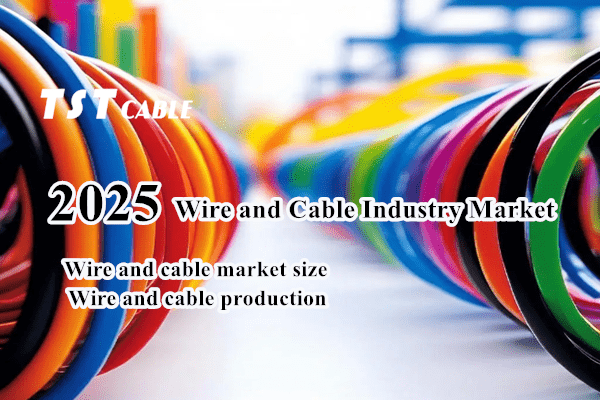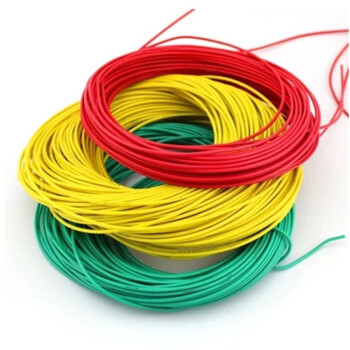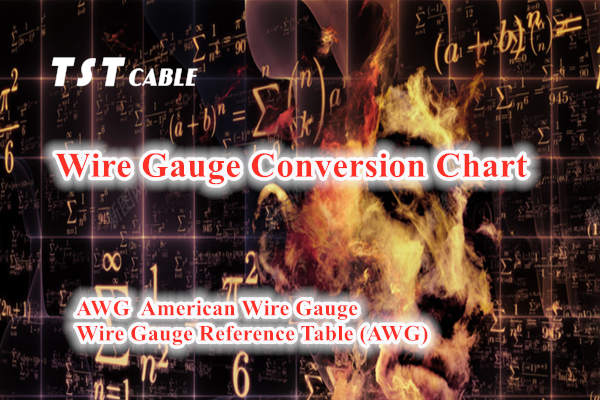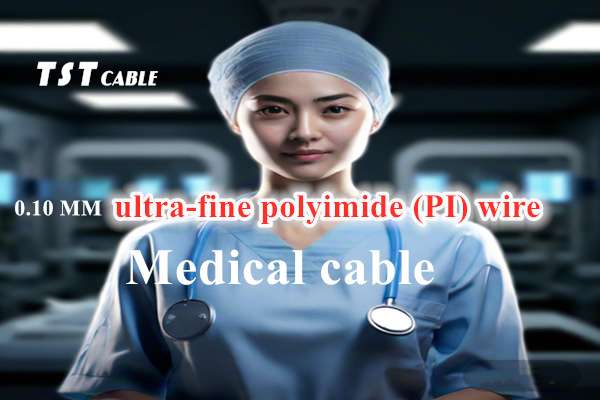What is UL wire and cable?
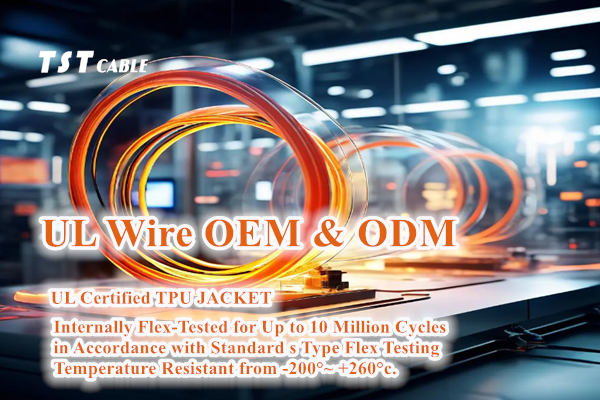
UL (Underwriter Laboratories Inc) is an independent product safety certification organization founded in 1894 and headquartered in Illinois, USA. As a world-renowned safety certification organization, UL focuses on product safety certification and has developed many standards and test procedures for products, raw materials, parts, tools and equipment.UL uses its scientific testing methods to study and determine the potential hazards to life and property of various materials, devices, products, equipment, buildings, etc., and is responsible for writing and issuing corresponding standards. UL’s main goal is to promote the products circulating in the market to reach a certain level of safety through safety certification, thereby protecting personal health and property safety. At the same time, UL has played an active role in eliminating technical barriers to international trade and promoting the development of international trade.
UL certification: guarantee of product safety and quality
Why is UL wire standard so important?
In the manufacturing industry, product safety and reliability are key, which not only affects consumer trust and satisfaction, but also directly affects the manufacturer’s brand image and market competitiveness. UL wire standards regulate the design, manufacture and application of wires and cables, including requirements for electrical performance, fire resistance, physical and chemical properties. Compliance with these standards not only ensures product safety and reliability, but also helps products pass certification smoothly and accelerate market entry.
UL wire standards cover a wide range of applications from household appliances to high-end industrial equipment. For example, UL 62 standard is for flexible wires and cables, such as extension cords; UL 758 standard covers applied wire materials (AWM), which are suitable for internal wiring of electronic equipment; and UL 1063 is specifically for machine tool wires.
UL 758 Cable and Wire Properties
UL758 cables and wires have a minimum voltage rating of 30V to 1000kV AC and above 3kV DC, covering low voltage, medium voltage and high voltage cables. The conductor sizes covered by the UL758 standard are measured using the US imperial system, ranging from 50AWG to 2000kcmill. The standard covers copper and aluminum conductor cables (as well as alternative fillers such as fiber and nickel) as well as fiber optic cables (but their performance standards are described separately).
Understanding the requirements of the different UL wire standards is key to choosing the right material. For example, if your product needs to maintain stable performance in a harsh marine environment, you should choose marine wire and cable that meets the UL 1426 standard; if your product needs to maintain a high degree of physical strength in a specific environment, you should choose metal-clad or armored cable that meets the UL 1569 standard.
Common UL wire standards
UL 13: Power-Limited Tray Cable
UL 44: Thermoset-Insulated Wires and Cables
UL 62: Flexible Cords and Cables
UL 66: Fixture Wire
UL 83/CSA 75: Thermoplastic-Insulated Wires and Cables
UL 83A: Fluoropolymer Insulated Wire
UL 444/CSA 214: Communications Cable
UL 758: Appliance Wiring Material
UL 817: Cord Sets and Power-Supply Cords
UL 1063: Machine Tool Wires and Cables
UL 1277:Tray Cable
UL 1309/CSA 245:Marine Shipboard Cable
UL 1426:Electrical Cables for Boats
UL 1569:Metal-Clad Cable
UL 1651:Optical Fiber Cable
UL 1655:Community-Antenna Television Cables
UL 2277:Flexible Motor Supply Cable
UL 2250:Instrumentation Tray Cable
UL 2551:Plugs, Receptacles, and Couplers for Electric Vehicles
UL 2556:Wire and Cable Test Methods
UL 2571:Irrigation Feeder, Control and Signal Cables Irrigation feeder, control and signal cables
UL certification plays a vital role in product safety and quality assurance. Compliance with UL standards not only improves product safety and reliability, but also speeds up product entry into the market; in-depth understanding of various UL wire standards can select the most suitable materials for their product application needs and ensure product competitiveness in the market.
Cooperate with cable manufacturer TST CABLES to customize high-quality UL cables
TST cables custom cables strictly follow the International Electrotechnical Commission (IEC) standards and UL standards, including but not limited to IEC 60227, IEC 60502, UL 758, UL 1581, etc., to ensure that each cable has excellent electrical performance and meets global specific standards to ensure high quality.
Comply with EU EN standards to ensure compliance and high quality of cables in the European market. Design and testing according to US UL standards to meet the high standards of the North American market. Follow Chinese GB standards, such as GB/T 42740-2023, etc. to ensure that products meet domestic market needs. Compliance with cable industry standards is essential to ensure the quality and safety of cable products. Cable manufacturers, installers, and users should comply with relevant standards to ensure that cable systems can operate safely and reliably. As technology advances, these standards will continue to be updated and developed to adapt to new needs and technical challenges.
If you have a need for customized UL cables, industrial cables, power cables, control cables, etc., and need further technical support or cable solutions, you can visit the TST CABLES official website or feel free to send an email to the professional cable engineer of TST cable manufacturer (email: lixiangchao@testeck.com, please state your country, your industry, and your needs in the email, we can also provide you with free samples).
Also available in:
English


